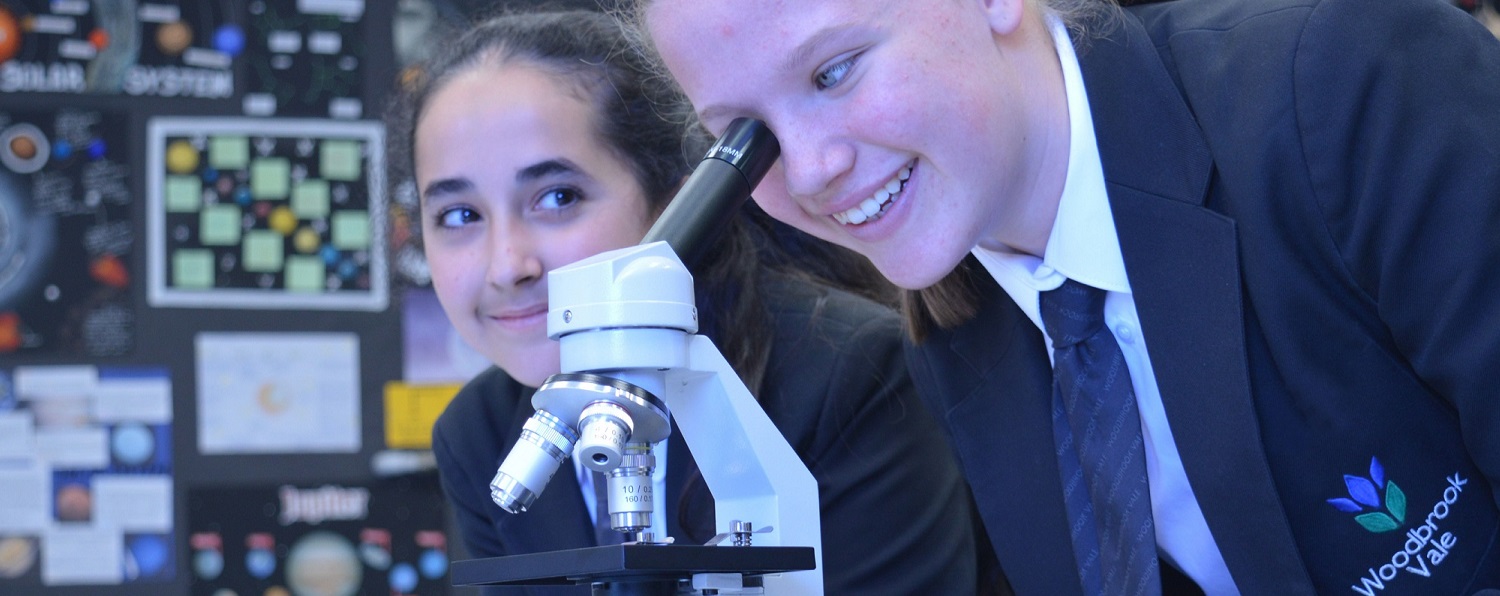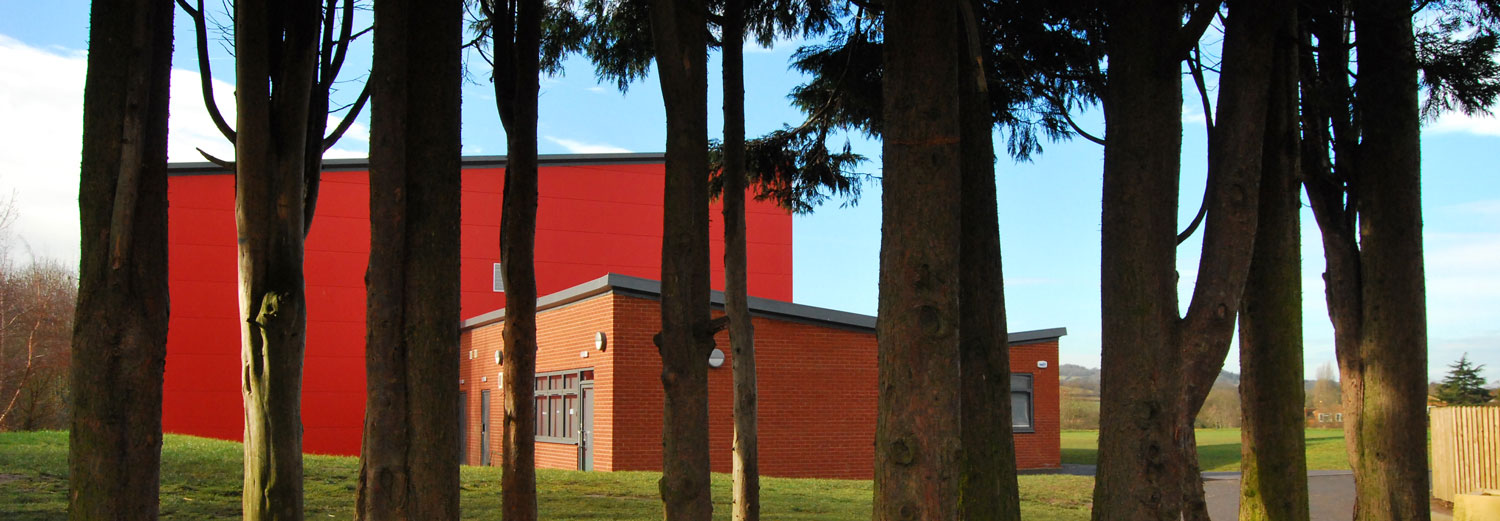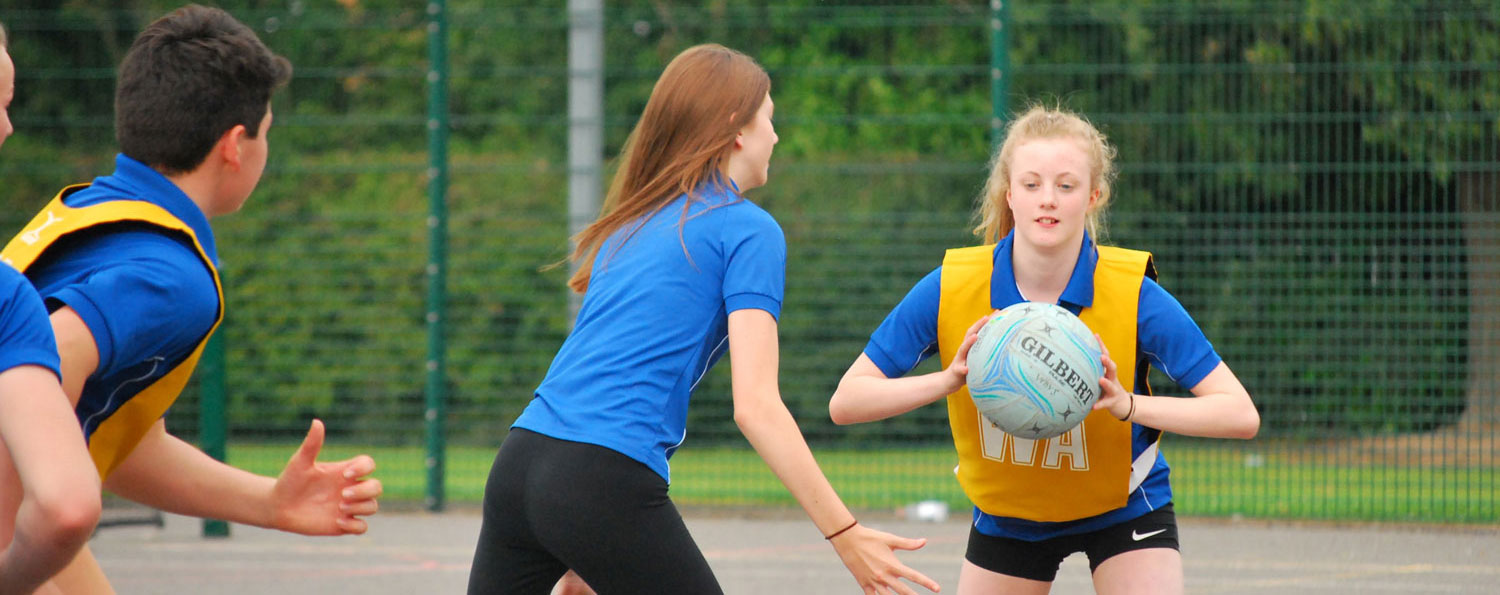Science
Our science curriculum aims to inspire curiosity, foster critical thinking, and develop a deep understanding of the world around us. Students will gain an understanding of how the world works and the ethical issues science can present. Through lessons and extra-curricular activities students are encouraged to make links between STEM subjects and draw upon their skills in these areas to support their science studies.
Through biology, chemistry and physics, students learn how key ideas and discoveries shape modern life, and how scientific knowledge can be applied to real-world challenges.
We are committed to:
- Building strong foundations in scientific knowledge and concepts, ensuring progression from Key Stage 3 through to Key Stage 4.
- Developing practical and investigative skills, so students can plan, carry out, and evaluate experiments with confidence and accuracy.
- Promoting scientific literacy, so all students can interpret data, use scientific vocabulary fluently, and engage with contemporary issues such as health, energy, and sustainability.
- Preparing for future opportunities, whether in science-based careers, higher education, or as informed citizens able to evaluate scientific claims.
Key stage 3 science
Our curriculum at Key stage 3 consists of ten core ideas which are revisited in growing complexity throughout the course to prepare our students for GCSE, but also to ensure a breadth in Science knowledge. These are: Matter, Reactions, Organisms, Genetics, Environmental Systems, Forces, Energy, Waves, Electricity and Magnetism & Earth Science.
Throughout KS3, students develop practical and enquiry skills, learning how to test hypotheses, evaluate results, and use scientific models. Students also begin to connect scientific concepts across disciplines, building the foundation for GCSE study.
Key Stage 4 Science
At Key Stage 4, students follow AQA Science qualifications, tailored to suit different learning needs and future pathways.
AQA GCSE Combined Science: Trilogy
- Students learn key concepts such as cell biology, chemical changes, quantitative chemistry, forces, energy, waves, ecosystems, and genetics.
- Emphasis is placed on practical work, problem-solving, and applying science to real-world contexts.
- Equivalent to two GCSE grades and suitable for progression to A-level science courses.
AQA GCSE Triple Science (Separate Sciences)
- Students study three individual GCSEs in biology, chemistry, and physics.
- The course explores topics from combined science in greater depth, with additional content such as the brain and the eye (biology), organic chemistry (chemistry), and space physics (physics).
- This route is particularly suited to students considering STEM A-levels or careers.
AQA Entry Level Certificate in Science
- A course designed to provide a practical, accessible route for students who benefit from smaller steps in learning.
- Covers biology, chemistry and physics topics in a way that supports understanding and progression
- Focuses on hands-on investigations, developing confidence and scientific skills.
- Students will study for the entry level qualification in year 10 and then complete the combined science route in year 11.








